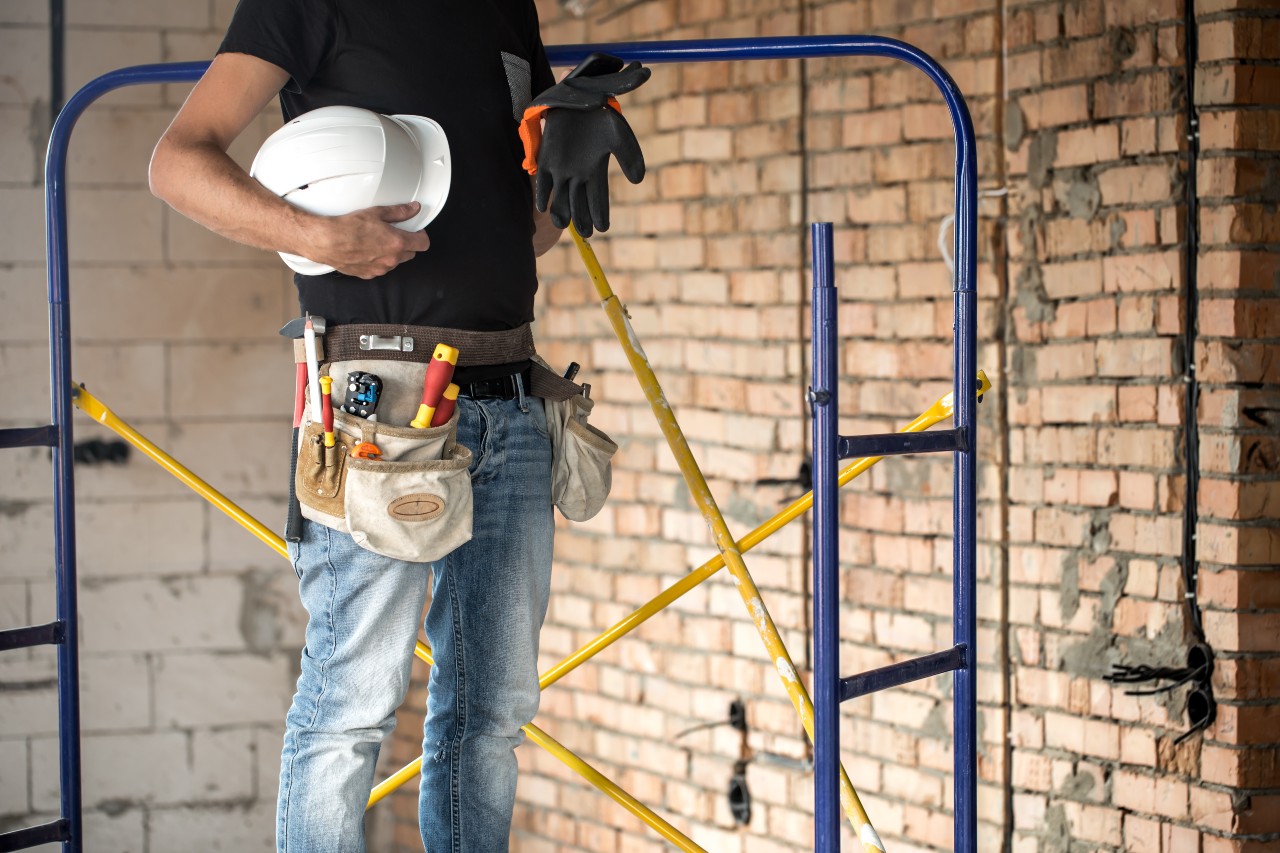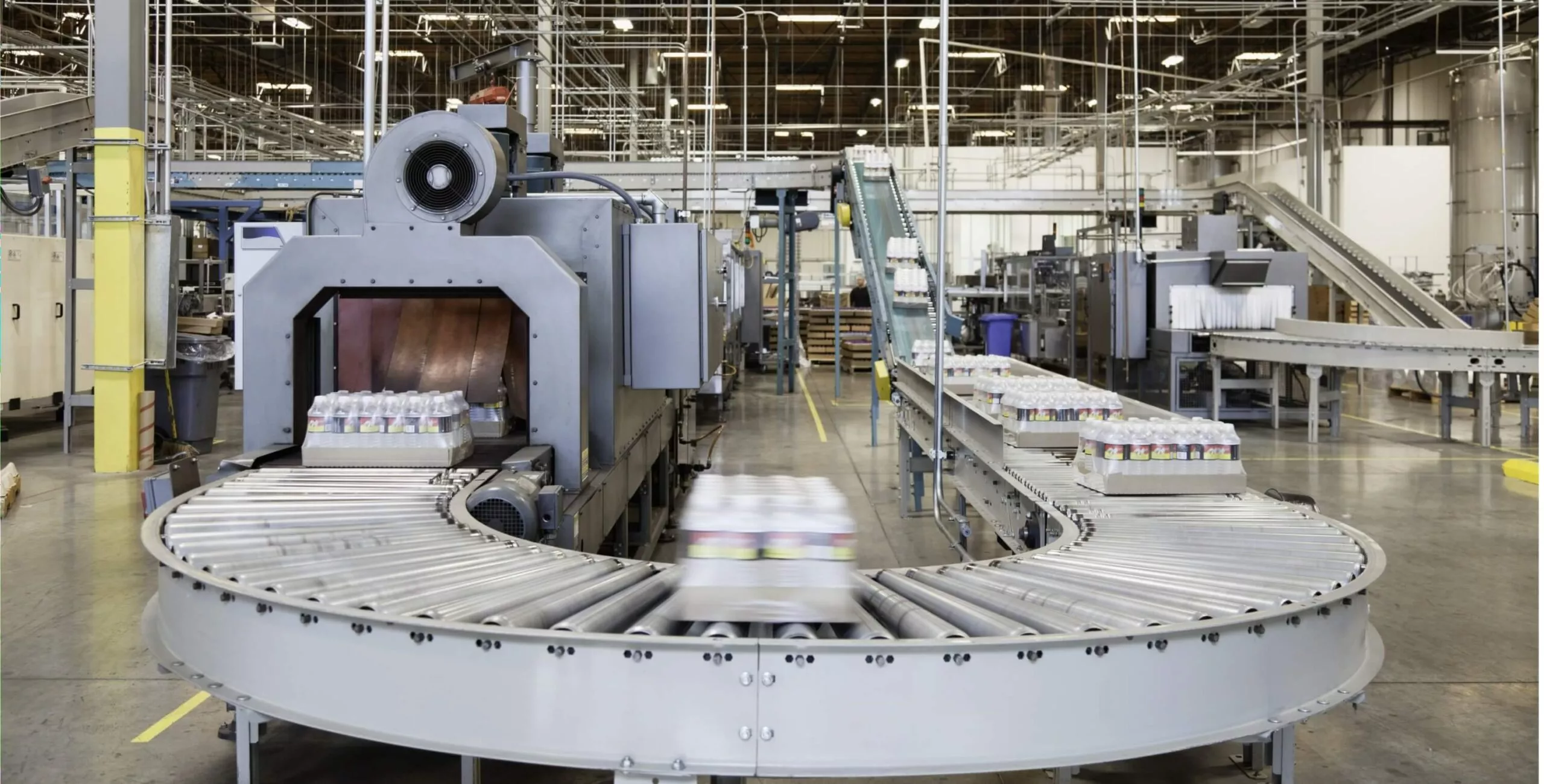Are you a property owner or manager? If so, you know how important it is to keep your property in the best shape. From burst pipes to roof repairs, problems can arise quickly and affect both your business and your tenants’ lives. Whether you manage a large apartment complex or a single-family home, proper property maintenance is essential. It ensures safety, satisfaction, and tenant retention.
Let’s explore the benefits and examples of property maintenance. But first, let’s clarify what property maintenance means.
What Is Property Maintenance?
Property management involves overseeing and maintaining real estate, such as commercial buildings, residential complexes, and land. It’s like being the caretaker of a big house, making sure everything is in good working order.
Property maintenance can include things like regular inspections, repairs and maintenance tasks, as well as keeping the property clean and tidy.
By hiring a property management team, you can free up your time and let them handle the day-to-day tasks of maintaining your property. They’ll be there to make sure everything is running smoothly and your property is always in the best condition.
Buildings That Require Property Maintenance
Many residential properties can be successfully managed by their owners without relying on outside help or large teams. However, larger properties often need extra support to keep things running smoothly.
Buildings with HVAC systems, multiple elevators, and boilers require regular maintenance. In addition, properties that have large spaces like parking lots and hallways also need special attention.
Some examples of properties that often need extensive maintenance include:
- Hotels and resorts
- Small inns or bed and breakfast establishments
- Large apartment buildings and rental units
- Senior living communities or shared housing complexes
- Public government facilities
- Schools, universities, and other educational institutions
In short, businesses and organizations in all industries may need both general maintenance teams and specialized property maintenance divisions.
Property Maintenance Importance
Here are some benefits of keeping your property well-maintained:
- Fewer Equipment Breakdowns: Regular maintenance helps prevent equipment failures and breakdowns, so you’re less likely to experience sudden issues, like an elevator unexpectedly stopping. This means everything runs smoothly and safely.
- Reduced Liability Risks: By maintaining your property, you can minimize the chances of accidents or incidents that could lead to legal issues or fines. Keeping things in good shape helps protect you from potential liabilities.
- Higher Property Value: Well-maintained properties tend to be more attractive and appealing. This can help increase their market value, making them a better investment over time.
- Safer and Happier Occupants: Regular property maintenance means fewer unexpected repairs and disputes. This creates a more comfortable and secure environment for everyone, leading to less stress and a better overall experience for tenants.
Types of Property Maintenance
Maintaining your property is essential to keep it functioning well and looking its best. Different types of maintenance help you achieve this, including:
- Preventive Maintenance This type focuses on finding and fixing potential issues before they become bigger problems. It involves regular checks and replacing old parts to keep everything running smoothly. Some common tasks include:
- Managing pests to prevent infestations
- Inspecting for water damage or leaks
- Checking the caulk and grout in showers
- Looking at the roof and gutters for any damage
- Searching for cracks in ceilings or walls
- Replacing old air conditioning units or furnaces
- Flushing out water heaters to keep them efficient
- Testing smoke and carbon monoxide detectors
- Planned Maintenance: This is similar to preventive maintenance but is scheduled ahead of time. It ensures that regular checks and tasks are done consistently to keep your property in good shape.
- Condition-Based Maintenance: This type involves acting quickly when you notice any signs of wear or trouble. It allows you to address issues early on, preventing them from turning into major repairs.
- Reactive Maintenance: This happens when something breaks and needs to be fixed right away. It’s about responding to issues after they occur instead of trying to prevent them.
Activities During a Property Maintenance
When it comes to maintaining a property, there are many tasks and responsibilities to consider. These include:
- Cleaning both the inside and outside common areas, like drains, gutters, hallways, and any cracks.
- Cleaning or repainting shared spaces.
- Handling pest control and removal.
- Taking care of gardens and landscaping.
- Separating and disposing of garbage properly.
- Repairing or replacing mechanical and electrical systems, such as lighting, heating and cooling systems, and water supply.
- Conducting safety inspections, including checking fire alarms and other safety systems.
By staying on top of these maintenance activities, you can help ensure your property remains safe, comfortable, and in excellent condition.
How to do Property Maintenance?
Property Maintenance is a process that involves various processes to keep your property safe and running smoothly. Take a look at what it includes:
-
Create a Maintenance Schedule
Start by making a maintenance schedule that includes both preventive and corrective tasks based on what your property needs.
-
Perform Preventive Maintenance
Keep an eye on things by regularly cleaning and checking your property. By taking these steps, you can catch minor issues early on, like ensuring the HVAC system is running well and doing safety checks. This can save you from bigger headaches later.
-
Handle Repairs
Keep an eye on the building and take care of repairs as needed. Regular check-ups can help you spot problems before they escalate, making maintenance easier.
-
Maintain Common Areas
Don’t forget about the common areas! Regular cleaning and upkeep in these spaces are essential since they’re shared by everyone. A clean environment makes a big difference for residents or visitors.
-
Handle Pest Control
Make sure you have a pest control plan in place. Keeping bugs and rodents at bay is important for the comfort of everyone in the building.
-
Manage the Exterior
Pay attention to the outside of the building as well. This includes taking care of landscaping and any outdoor spaces to ensure everything looks inviting.
-
Comply with Regulations
Always stay informed about local and state laws. Ensuring your property complies with these regulations can save you from legal troubles down the road.
Facility Maintenance vs Property Maintenance
Facility maintenance and property maintenance have some similarities, as they aim to keep spaces running smoothly. The main difference lies in the types of properties they focus on.
Property maintenance generally deals with buildings that tenants occupy, like apartments or rental offices. On the other hand, facility management is about buildings that organizations own and use themselves. This includes places like schools, hospitals, banks, government offices, and large businesses. So, while both are essential, they serve different types of properties.
Building Maintenance vs. Property Maintenance
Building maintenance and property maintenance are terms that are often used interchangeably, but there are some important differences between them. These differences mainly relate to the services provided and the industries involved.
Building maintenance focuses specifically on the structure of the building itself. It doesn’t cover things like the surrounding landscape, sidewalks, or any additional structures such as detached garages and swimming pools. Building maintenance applies to a range of settings, not just hotels or hospitality-related businesses. It also includes places like hospitals, government buildings, commercial offices, and schools.
Certifications for Property Maintenance Professionals
-
Certified Property Manager (CPM) Program
The Certified Property Manager (CPM) program is a well-respected certification in property management. It’s provided by the Institute of Real Estate Management and helps you learn how to increase a property’s value effectively. Earning this certification could even lead to a salary that’s about double what most property managers make. However, getting qualified isn’t straightforward. You need a real estate license and at least two years of experience in the field. The costs can also add up, with total fees ranging from $7,500 to $8,500.
-
Certified Apartment Manager (CAM) Program
Offered by the National Apartment Association, the CAM is a gold standard for those dedicated to residential property management. It requires a series of relevant courses, a final project, and an evaluation test. While it’s a bit pricier at $865 for NAA members, the CAM provides a deep dive into the ins and outs of managing apartment communities.
-
Residential Management Professional (RMP) Program
The Residential Management Professional (RMP) credential is quite similar to the CAM program. To qualify for this certification, you need a real estate license and at least two years of experience in property maintenance. You also have to manage a minimum of 100 units during your training. This program is offered by the National Association of Residential Property Managers (NARPM), which emphasizes ethical practices and professional standards in property management. The RMP designation is much more affordable, priced at just $150.
-
Certified Manager of Community Associations (CMCA)
The CMCA certification is a badge of honor for community managers, awarded by the Community Association Managers International Certification Board. It’s one of the most sought-after certifications in the property management field, offering practical knowledge and skills that are essential for managing condo and homeowner associations, co-ops, and resort communities.
CMCA members stay up-to-date on property management best practices and state laws to ensure compliance. The certification process involves an application fee, exam, and a one-year membership fee, totaling $315.
In-House Property Maintenance vs Contracted Property Maintenance
-
Cost
When you go for contracted maintenance, you pay a set fee to a property maintenance company for their services. In contrast, with in-house maintenance, you might need to budget a portion of your home’s overall costs specifically for maintenance.
-
Flexibility
Contracted maintenance offers access to specialized skills and resources when you need them. On the other hand, in-house maintenance gives you more contrli over your spending and how you allocate your budget.
-
Response Time
With in-house maintenance, you can usually address issues more quickly since your team is right on-site. This can be faster compared to dealing with an offsite vendor.
-
Team
Having an in-house maintenance team means you have direct oversight of your staff, and you can build a team that understands your property well. However, hiring and training this team can take time and be costly.
-
Property Needs
Ultimately, the best choice depends on your specific needs, goals, and budget. For instance, if you’d prefer to allocate funds to other areas, using contracted maintenance might be the better option for you.
Get NEXGEN CMMS to Manage Your Property Maintenance
NEXGEN is a CMMS (Computerized Maintenance Management System) that provides a range of useful features for property management companies. With our software, you can manage your properties in a well-organized manner. Our team is here to help you import data for all your properties and vendors, making the setup process smoother. We also offer assistance with implementation. If you want to see how NEXGEN can help with managing maintenance for your commercial or residential properties, we encourage you to schedule a demo with us. Let’s improve your maintenance operations together!
Optimize Maintenance with NEXGEN CMMS
Maintain your property, and minimize the chances of accidents or incidents. Keep things in good shape.





